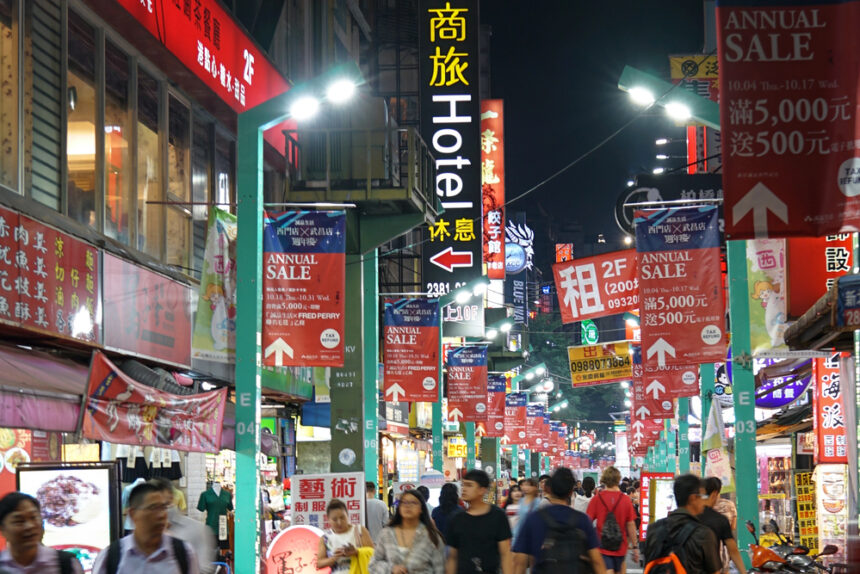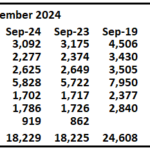Last month, I visited Taiwan for the first time in my life. Even before traveling, I knew I would find a developed country, as well as a truly free and democratic country. However, it wasn’t until I actually went there that I realized how important Taiwan’s very existence is to the world.
While China promotes a capitalist model with “Chinese characteristics” for the world to emulate, Taiwanese are showing us that they don’t need those characteristics. Taiwan is a living example of what can be achieved and when. economic freedom and democracy are connected, flat in China’s cultural environment. Taiwanese people have the freedom to express themselves, debate, and campaign. They do it, and they take pride in doing it. Their lives remind Westerners that there is no reason China (which shares the same religion, language, culture, and traditions) should live under one-party rule.
Certainly from Taiwan economical Success is first and foremost about economical Freedom. Since Mao Zedong’s victory across the Taiwan Strait in 1949, Taiwan has received support from the international community, especially the United States. But it is free tradefiscally responsible, strong property rightsand limited regulation improved people’s standard of living. Today’s Taiwan is ranked According to the 2023 Fraser Global Economic Freedom Index, it is the 11th most economically free country in the world, up from 36th place in 1980.
But the fact that institutional strength has underpinned Taiwan’s success over the past few decades distinguishes it from China, where all property rights depend on its relationship with the Chinese Communist Party. Additionally, anyone visiting Taiwan will never see ghost towns and other abandoned infrastructure like those seen in China due to the Chinese Communist Party’s irresponsible economic policies that have resulted in significant malinvestment and an economic crisis. there is no. Throughout Taiwan, travelers see efficient land use, technological excellence, and limited government.
In this respect, Taiwan’s political success appears to be key to the sustainability of its economic model. After emerging from civil war and decades under Chiang Kai-shek’s rule, Taiwan has finally become a functioning democracy with free elections and freedom of speech. Accountability exists. Citizens can praise or criticize government policies, and they can change policies. No one goes to jail for expressing an opinion, and no one doubts the strength of the system that keeps Taiwanese free within its borders.
In fact, any visitor can attest that the main threat to Taiwan is precisely an external threat: China. Open any newspaper and you will find that the Chinese Communist Party’s name appears in virtually every news story, whether it’s about conflicts involving Taiwan or other Asian countries or the possibility of military escalation. Ironically, the Chinese Communist Party also poses a major threat to the very future of China’s economy. That’s because no one knows what will happen to China’s system if a regime change occurs, and markets don’t like uncertainty.
But as the Chinese Communist Party seeks to portray China as a model for the world, Taiwan’s case shows that there are better alternatives across the Strait. As Taiwan country It exists because the Republic of China was forced into exile and managed to escape to the island. people It’s the same in both countries. This means that it is inevitable that the Chinese people will have to live under a dictatorial regime. If Taiwan can transition freely, why can’t China transition freely?
No one knows what the future holds, but Taiwan is here today. The Taiwanese people’s freedom, eagerness to do business with the world, and strong commitment to democracy are all evidence of the outstanding value this country offers to the world. Taiwan is a story of freedom and success. It would be good to take that example into consideration.
Marcos Falcone is a project manager at Fundación Libertad and a regular contributor to Forbes Argentina. His work has also appeared in The Washington Post, National Review, Reason, and elsewhere. He is based in Buenos Aires, Argentina.







